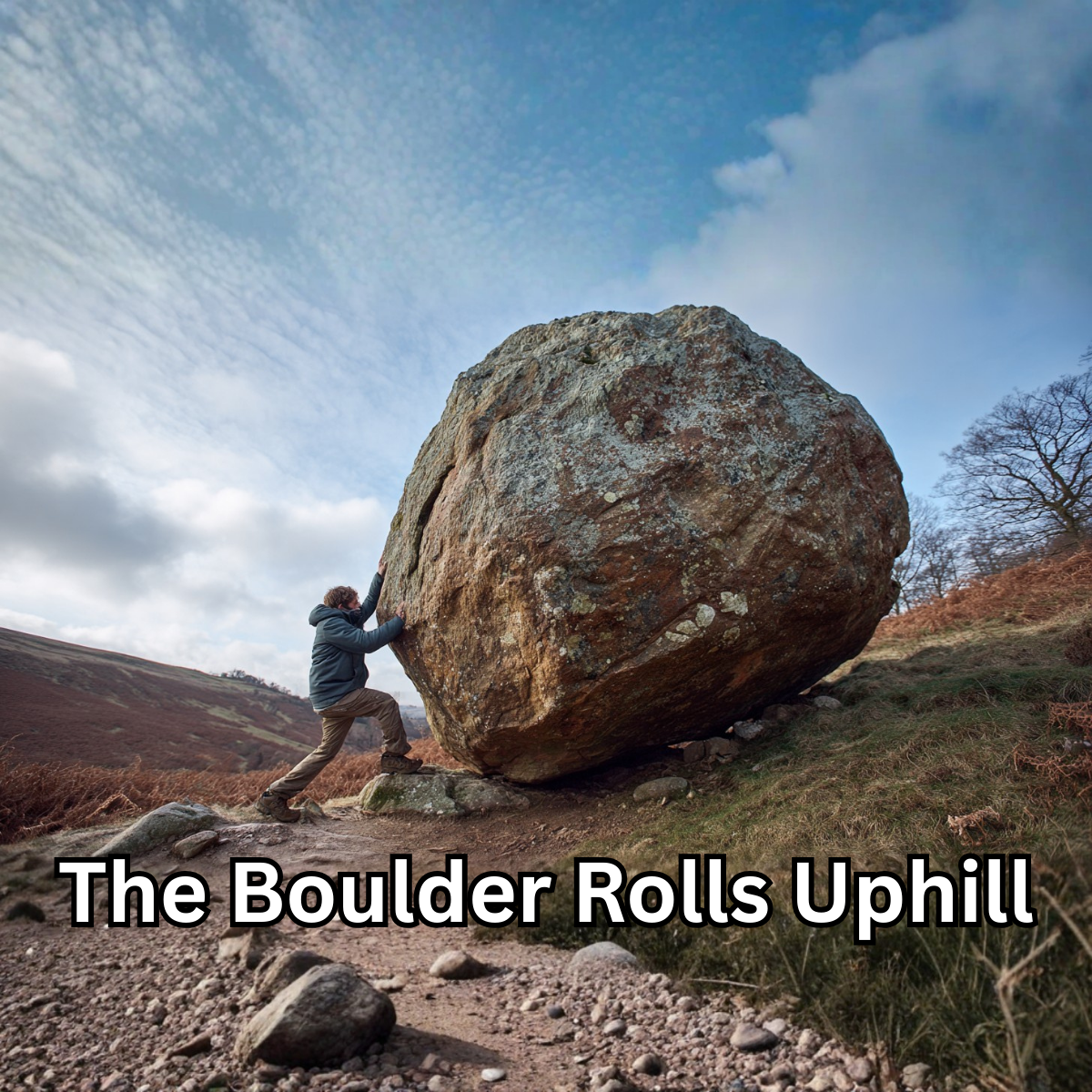There was a time, in my younger days, when I believed rest was a sign of weakness. I thought taking a break—letting someone see me idle—would make me appear less capable, less determined. I wanted to be seen as the person who was always there, always working, always pushing forward. Rest, to me, was the antithesis of progress, and I avoided it whenever possible.
What I didn’t know then, but have come to understand now, is that rest is work. Rest is not the absence of effort; it is a crucial part of effort. Without rest, our work becomes hollow, our growth stunted, and our energy drained. Rest is not only necessary—it is sacred.
Rest: A Natural Rhythm of Life
Every organic species requires rest. Look around, and you’ll see the evidence everywhere. Trees shed their leaves in the fall, their branches growing bare as they prepare for a season of rest. Beneath the surface, their roots deepen, unseen but essential for future growth. Bears hibernate in the depths of winter, conserving energy, recovering, and preparing for the demands of the warmer seasons ahead. Even the smallest creatures—birds, insects, the unseen microbial life of the soil—follow natural cycles of rest and renewal.
Nature teaches us something profound here: rest is not the absence of life. It is the foundation of life. Without rest, there would be no vibrancy, no renewal, no capacity for growth. The very existence of these natural rhythms serves as a reminder that rest is a necessity, not a luxury. Life depends on it.
Yet, as humans, we often resist this truth. We try to force ourselves to operate as though we are machines—constantly producing, always on. But we are not machines. We are living beings, governed by the same rhythms of effort and recovery that permeate the natural world. To ignore this is to deny something essential about our own nature.
Rest Is Recovery, and Recovery Is Growth
Why is rest so important? Because rest is recovery, and recovery is how we grow. Growth doesn’t happen in the moment of strain. Growth happens after the strain—during the quiet moments of rest when the body, mind, and spirit begin to heal and rebuild.
Think of an athlete lifting weights. The muscle fibers break down under strain, but they don’t grow stronger in the moment of effort. They grow stronger afterward, during recovery, as the body repairs and adapts. If the athlete skips recovery—if they train relentlessly without rest—their muscles will not grow stronger; they will weaken, and eventually, they’ll break down entirely. The same principle applies to every area of our lives: work, relationships, creativity, and even faith.
Rest Processes, Reflects, and Strengthens
Taking time to rest after work is essential for many reasons.
- Rest Allows for Recovery. After a period of work, rest gives your body and mind the space to recover and rebuild. It restores energy, repairs damage, and prepares you for what comes next. Just as sleep restores us after a long day, intentional rest replenishes what work has spent.
- Rest Creates Space to Process. Work isn’t just about physical effort; it’s also about learning, adapting, and improving. Rest provides the mental and emotional breathing room needed to process what you’ve learned. Without this pause, you may miss the insights that could make you stronger or more effective.
- Rest Strengthens Performance. When you return to work after a period of rest, you come back sharper, clearer, and more capable. Rest doesn’t slow your progress; it amplifies it. It makes you better.
In the quiet space of rest, you gain the perspective you need to evaluate your performance, refine your strategy, and approach your work with renewed focus.
Why Do We Resist Rest?
Why, then, do so many of us resist rest? Why do we see it as weakness?
Perhaps it’s because we live in a culture that equates busyness with value. We feel as though our worth is tied to how much we produce, how visible our effort is, and how tirelessly we work. Rest feels counterintuitive in a world that rewards hustle.
But this is a dangerous lie. Constant busyness does not lead to greatness; it leads to burnout. True strength is not found in relentless activity but in the wisdom to balance work with rest. To push forward and to pull back. To give your best effort and to know when to pause.
Rest Is Part of the Effort
What I’ve come to learn is this: rest is not weakness. It is strength. It takes discipline to rest well, to honor the quiet work of recovery, and to trust that stepping back is part of moving forward.
When we rest, we are not stopping our work; we are strengthening it. We are preparing ourselves to grow, to endure, and to create with greater clarity and purpose. Without rest, we may look active on the outside, but inside, we are slowly unraveling.
Rest is part of the effort. It is a silent, invisible kind of work—but it is work nonetheless. And it is crucial.
A Final Thought
If you, like I once did, find yourself resisting rest—if you feel guilty for taking a break, or fearful of appearing weak—consider the rhythms of the world around you. Life flourishes in seasons of work and seasons of rest. You are no different.
Rest is not a sign of weakness. It is a sign of wisdom. It is a reminder that strength comes not from endless striving but from honoring the cycles of effort and recovery that make growth possible.
So, take time to rest. Trust that in doing so, you are not falling behind. You are preparing to grow stronger than ever before.




